As the world evolves, so do the stories we share. In order to get the most accurate representation of experience, the creators of these stories should be members of the communities portrayed. However, that’s not always the case for Hollywood and conventional media outlets. What does the future look like for BIPOC creators?
The subject of media spans an enormous category. We have arrived at this topic from various angles. Going from the literal technology used in film, BIPOC content creators of past and present, representation and racial bias, life experience shared through media, who controls what is produced and how are consumer predictions measured globally, what will the next generation of content creators achieve and how can we support that growth. Join us this month to take a closer look at the production industry…
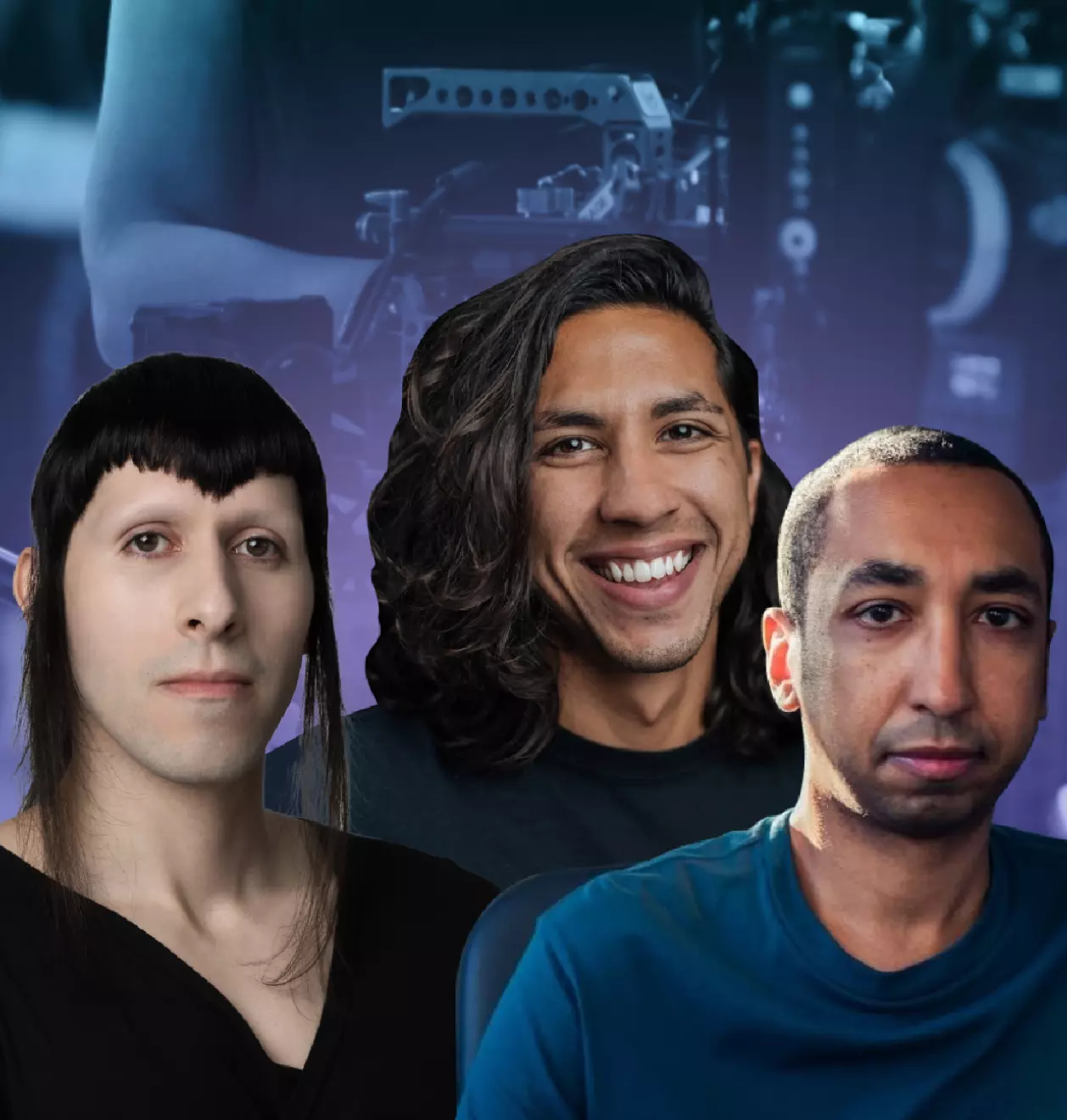
We came together to reflect on the many biases that exist in media content and the production industry….
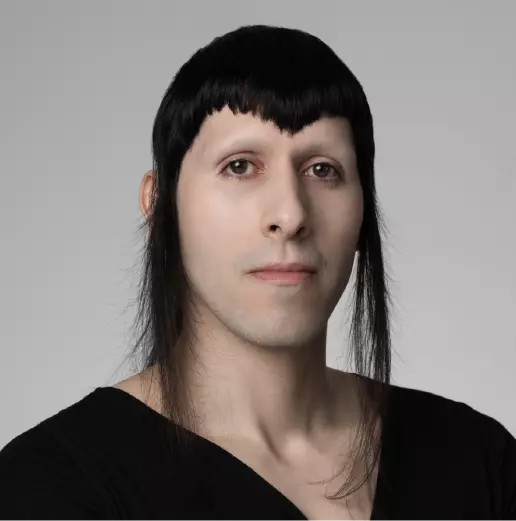
David Garcia has worked in the film and media production industry for over ten years. He first started as an intern providing script coverage for Larry Levinson Productions, and interned in post-production at World of Wonder. Since then he has acted as an extra in feature films such as “Invincible,” and worked on feature length narrative films as a camera operator and DP. After directing countless TV commercials for Walmart throughout the United States, he started a production company called Between Pictures LLC. David currently directs, produces, and writes commercial, documentary, narrative, TV, and interactive VR 360 content. His work has been seen on major networks and streaming services. He is partner at Grayson Sky, and works as Media Director for The Mixed Space.
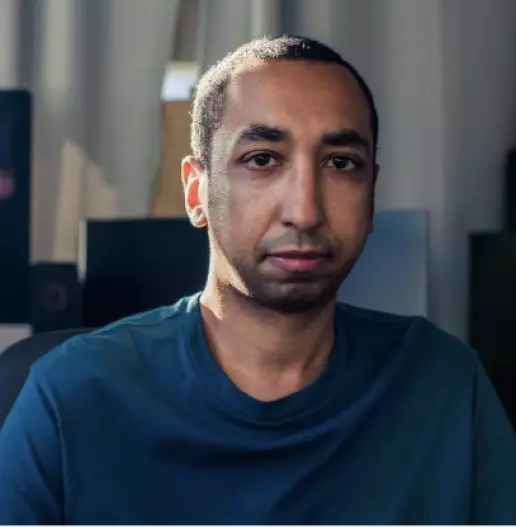
Maris Lidaka was raised by interracial parents in the suburb of Oak Park, Illinois. He fell in love with film while living in Denmark and has spent the last 20 years working in the industry he loves.
Maris has worked in nearly every medium, from reality TV to feature films, and has spent the last 7 years working in the digital space. He is a full time editor at Kin Community where he’s worked on shows such as Tia Mowry’s Quick Fix, Paper Tigers and All Things Adrienne. The work he’s created has received millions of views and has received several award nominations. In addition, his own work has been screened at several high profile film festivals such as the Cleveland International Film Festival and PBS Short Film Showcase.
He is the founder of The Blended Future Project, an online media company dedicated to empowering a multicultural and multiethnic experience. He creates content and builds community so that we can re-examine our understanding of race and help others tell their own stories..
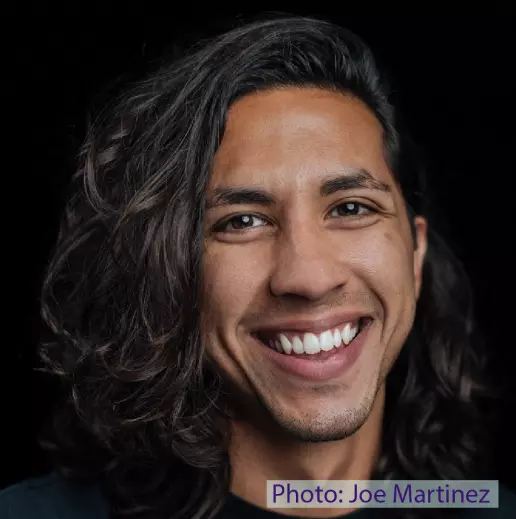
CA Davis grew up as one of the few kids of color in Carmel, Indiana – a town that had little to offer in terms of racial diversity. Being raised by a Black/Filipino father and an Italian/German mother made Davis an anomaly, so from an early age he turned to stories about the Civil Rights movement to soothe himself. He lost a bit of his dedication to studying racial politics in order to focus on telecommunications at Indiana University. After his graduation he worked as a film and video editor, and won several accolades for his short film edits. It was after noticing microaggressions in the workplace that Davis reignited his passion to spread truth and awareness about racial justice.
In 2018, his two passions finally came together. CA’s directorial debut, Roano Moreno’s Colorful Canvases, was made under “a LATTO thought productions,” the precursor to LATTO media LLC. Davis also combined his editing and storytelling skills with comparative race theory in the form of a LATTO thought podcast.
Currently, he is stationed at Northwestern University as the Media and Design Studio’s Digital Storyteller, creating films featuring and promoting Weinberg’s College of Arts and Sciences humanities research and pedagogy.
Did you know?
Black talent is twice as likely to be funneled to race related projects with the least funding.
Kodak’s Shirley Cards, used as reference cards for skin-color balance, did
not include anyone of color during their use from the mid 50s to the 90s.
No black director has ever won the Oscar for best director, and as of 2021, only 2 women have won.
Since it’s first ceremony, the Oscars have recognized fewer than two dozen actors of Asian descent.
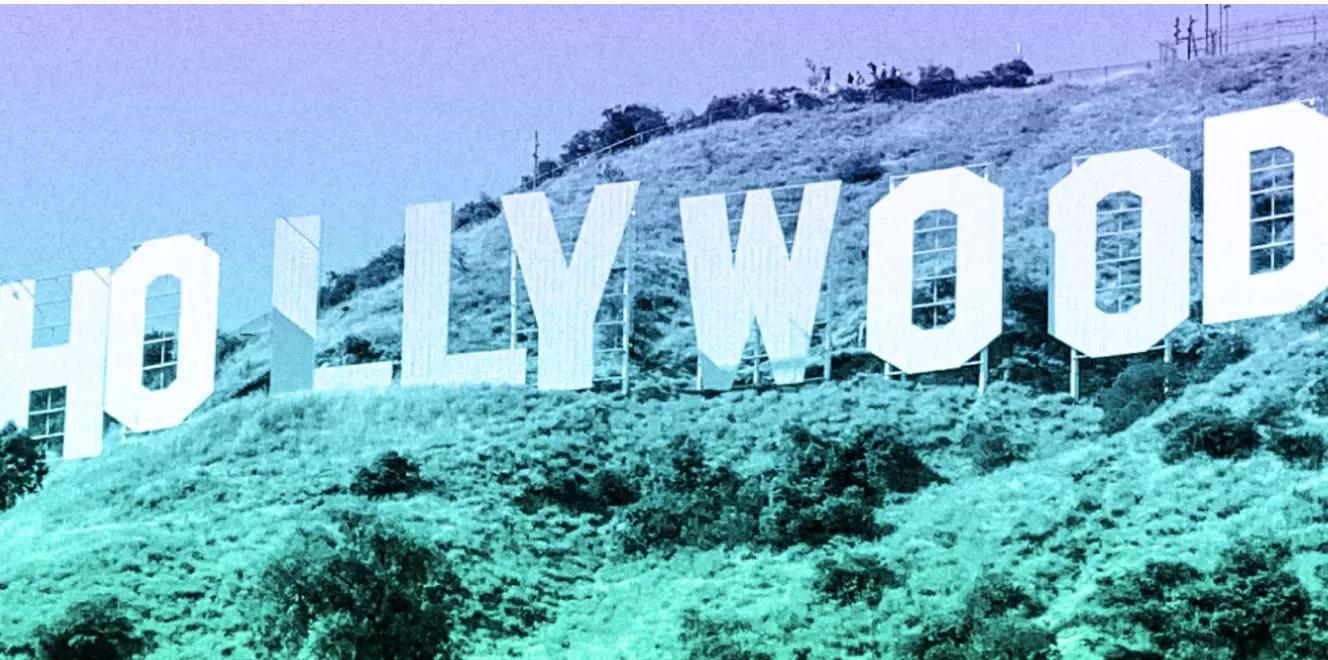
Discuss the manipulative nature of content that
evokes a viewer’s racial bias
Celebrate the work of BIPOC creatives and
support the future of content creation.
Unpack industry systems
and identify ways to move forward